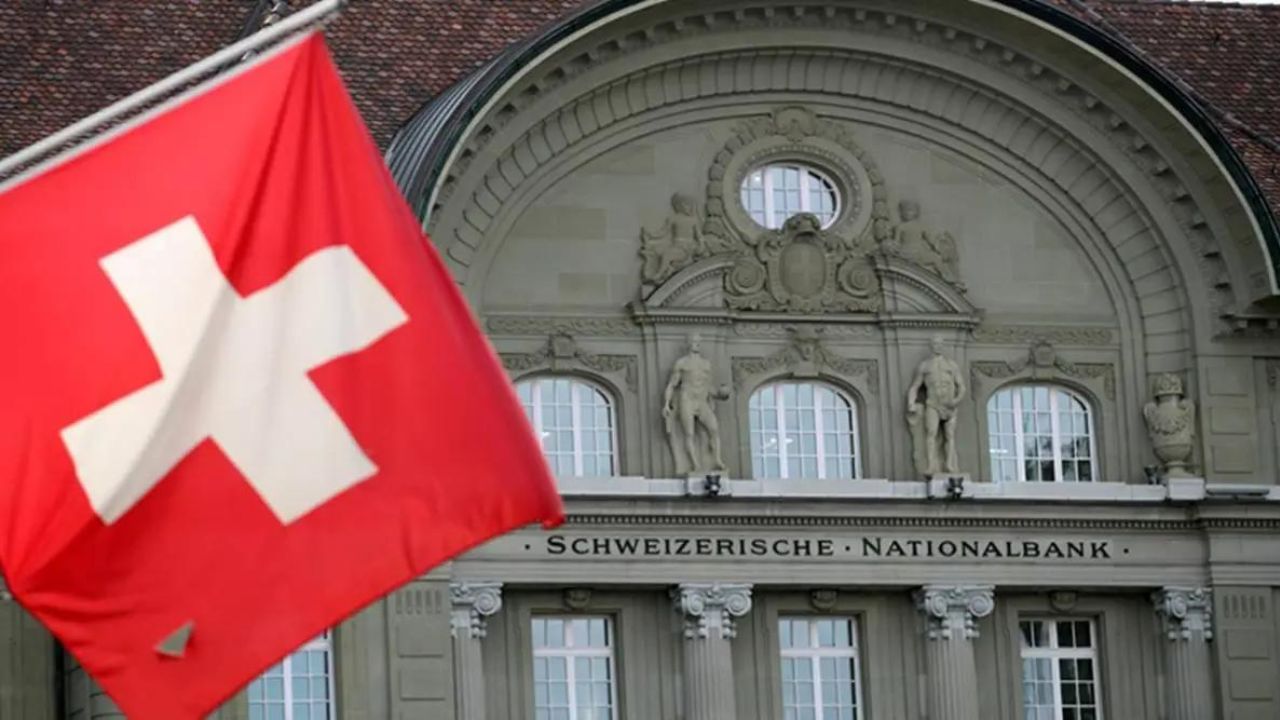Economists anticipate that the Swiss National Bank (SNB) will postpone interest rate cuts until at least June, diverging from earlier expectations of a March adjustment.
This cautious approach reflects uncertainties surrounding global economic trends and the actions of major central banks.
The SNB’s decision to delay rate cuts is influenced by concerns over the Swiss franc’s value and its potential impact on inflation.
While a depreciating franc could spur inflation, the central bank remains vigilant against further currency weakening, aiming to maintain price stability within its target range.
Leadership Transition and Policy Implications
The impending departure of SNB Chairman Thomas Jordan adds complexity to monetary policy decisions. Jordan’s announcement to step down in September underscores the need for continuity and stability in SNB’s approach to managing economic challenges.

Market sentiment aligns with economists’ projections, indicating a delay in the SNB’s interest rate adjustments until June.
There is no clear consensus on the timing of the first rate cut, but a cautious approach is expected from the central bank amidst uncertainties in global monetary policy.
Inflation Forecasts and Policy Response
Economists predict a moderate reduction in interest rates by the SNB throughout the year, reflecting a cautious approach compared to other major central banks.

Inflation forecasts suggest a gradual increase, prompting the SNB to balance growth support and inflation management carefully.
The magnitude of rate cuts remains uncertain, with divided opinions among economists. The SNB’s approach will depend on monitoring domestic inflation trends and responding accordingly to maintain financial stability and promote sustainable economic growth.
